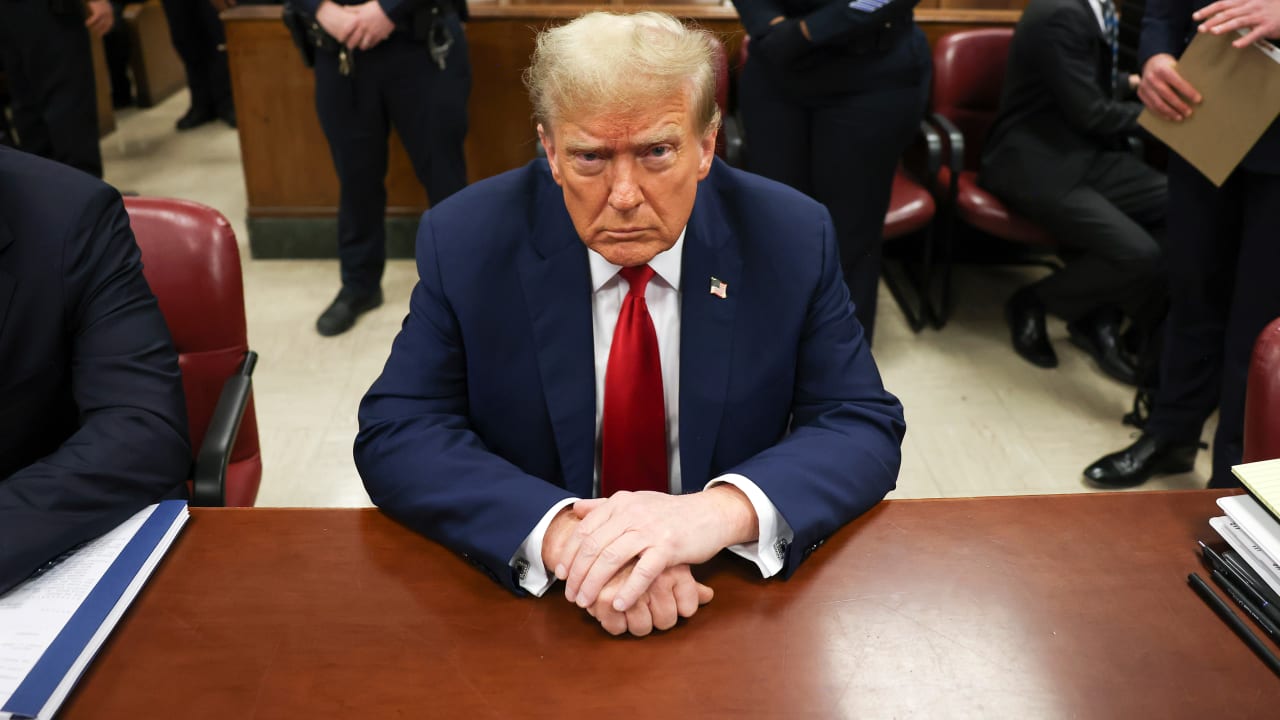Vice President Kamala Harris stressed that there is still much work to be done in order to reach the Biden administration’s goal of having 70% of Americans with at least one dose of the coronavirus vaccine by July 4, a date a little more than two weeks away.
“Even though we have made a lot of progress, there are still a whole lot of folks out there who are not vaccinated,” Harris said during remarks at Clark Atlanta University, a historically Black college and university.
The vice president told the crowd that only 42% of Georgians have received at least one shot.
“So we know what the numbers tell us. We got to get those numbers up. We can do better,” she said.
Harris addressed a slew of barriers that the administration feels have kept people from getting vaccinated, including access, paid time off from an employer, child care and transportation. She pointed to increased pharmacy hours in June, child care partnerships and a deal with Uber and Lyft to take people to get vaccinated free of charge as steps the administration is taking to combat all of those issues.
The vice president also said that misinformation is a major issue that needs to be addressed, telling the crowd that those who question the efficacy of the vaccines should be assured that the vaccines went through rigorous testing standards to ensure that they are safe.
“So when people say ‘oh, it seems like this vaccine just came about overnight,’ no it didn’t, it actually is the result of many, many, many years of research. And then they also went through what we call the FDA clinical trials, so that they would be ensured to be safe, where they were tested on a whole lot of people. All of that to say, we can say with confidence that vaccines are safe. They are safe, and they are free, and they are effective,” Harris said.
She added that while she did feel some side effects after receiving her second dose of the vaccine, the trade-offs — being able to speak in a crowded room without a mask and returning to a more normal lifestyle — are “100% worth it.”







